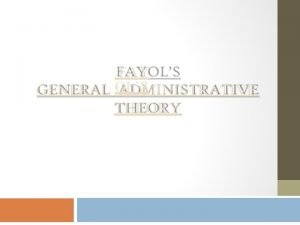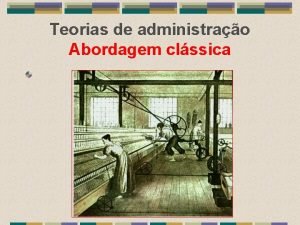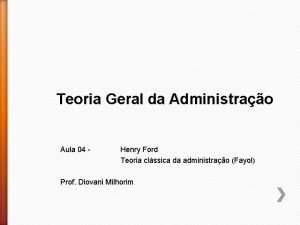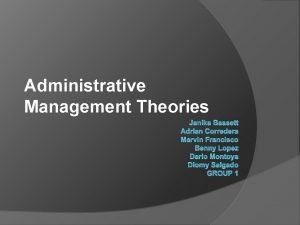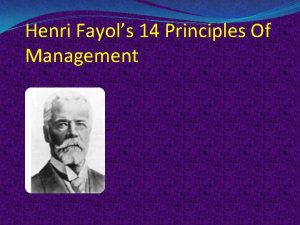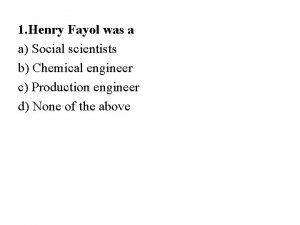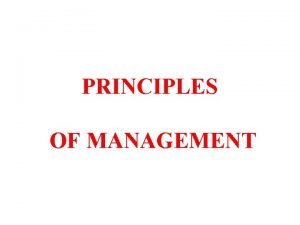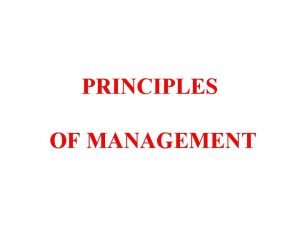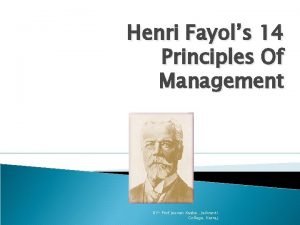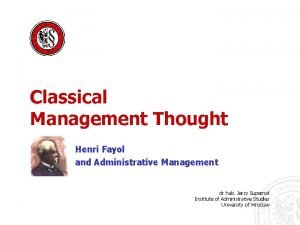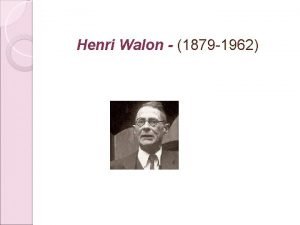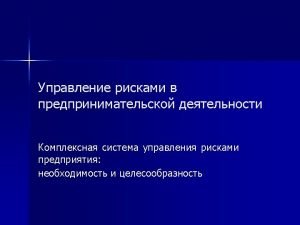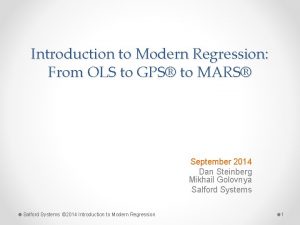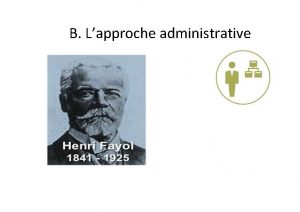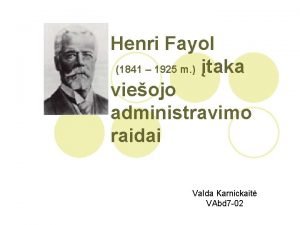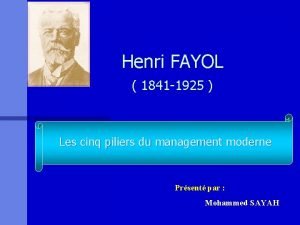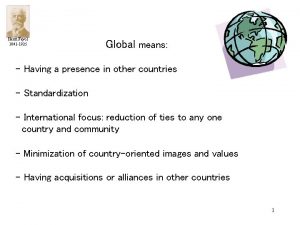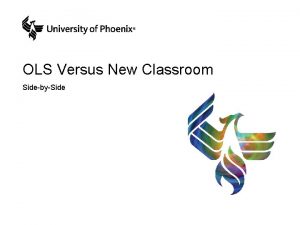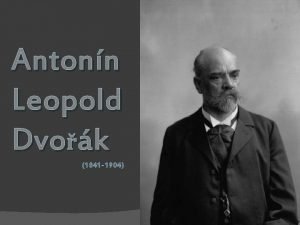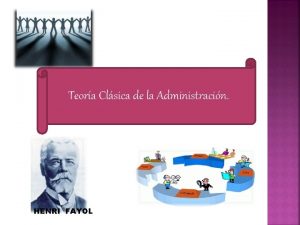FAY GENERAL OLS ADMINISTRATIVE THEORY HENRI FAYOL 1841



















- Slides: 19

FAY GENERAL OL’S ADMINISTRATIVE THEORY

HENRI FAYOL (1841 -1925) � Fourteen Principles of as one of the classical organization theory that is PRINCIPLES OF MANAGEMENT were developed by Henri Fayol and have been considered universally applicable to every type of organization.

THEORY � Fayolism Fayol's work was one of the first comprehensive statements of a general theory of management. He proposed that there were six primary functions of management and 14 principles of management.

Functions 1. Forecasting 1. Planning 2. Organizing 3. Commanding 4. Coordinating 5. controlling Functions of management

�DIVISION OF WORK OR SPECIALIZATION �AUTHORITY AND RESPONSIBILITY �DISCIPLINE �UNITY OF COMMAND �UNITY OF DIRECTION �SUBORDINATION OF INDIVIDUAL TO GEN ERAL �REMUNERATION �CENTRALIZATION �LINE OF COMMAND/SCALAR CHAIN �ORDER �EQUITY �STABILITY OF TENURE �INITIATIVE �ESPRIT DE CORPS

DIVISION OF WORK OR SPECIALIZATION Division of work makes a man specialist. The reason is that division of work helps to specialize in an activity which increases th e outputw ithperfection. Italsoavoids w a stage of time. Division can be applied to both technical and managerial kind of work.

Authority & Responsibility. � � Managers must be able to give orders. Authority gives them this right. Note that responsibility arises wherever authority is exercised.

Discipline. � � Employees must obey and respect the rules that govern the organisation.

Unity of command. � � Every employee should receive orders from only one superior.

Unity of direction. � � Each group of organisational activities that have the same objective should be directed by one manager using one plan.

Subordination of individual � The individual should subordinate self-interest to the general good. It is incumbent upon management to reduce conflict between the individual and the general well being wherever possible.

Remuneration. � � Workers must be paid a fair wage for their services.

� CENTRALIZATION � Fayol thought centralization of authority to be desirable, at least for overall control. Certainly, both formulation of policy and the generation of basic rules and procedures ought to be centralized

Scalar chain. � � The line of authority from top management to the lowest ranks represents the scalar chain. Communications should follow this chain.

Order. � � People and materials should be in the right place at the right time.

Equity. � � Managers should be kind and fair to their subordinates.

Stability of tenure of personnel. � � High employee turnover is inefficient. Management should provide orderly personnel planning and ensure that replacements are available to fill vacancies.

� � Initiative. The power of thinking out, proposing and executing. Management should encourage employees to originate and carry out plans.

Esprit de corps. � � This means union is strength or Team Spirit. He felt that all successful organizations survive only when a feeling of unity pervades the group and that viable organizations cleat with crises as a team.
 Teori organisasi klasik menurut henry fayol
Teori organisasi klasik menurut henry fayol Scalar chain clipart
Scalar chain clipart Henri fayol scientific management
Henri fayol scientific management Teoria de henri fayol
Teoria de henri fayol Teoria da administração científica resumo
Teoria da administração científica resumo Teoria de henri fayol
Teoria de henri fayol Théorie de fayol
Théorie de fayol 14 principles of henri fayol
14 principles of henri fayol Deming system of profound knowledge ppt
Deming system of profound knowledge ppt Gang plank
Gang plank Harmony not discord
Harmony not discord Den byråkratiska skolan
Den byråkratiska skolan Henry ford 14 principles of management
Henry ford 14 principles of management Father of principles of management
Father of principles of management Henri fayol 14 principles of management
Henri fayol 14 principles of management Dr henri fayol
Dr henri fayol Autobiografia de um aluno
Autobiografia de um aluno Henri fayol
Henri fayol Fayol general and industrial management
Fayol general and industrial management Ols regression
Ols regression

